fact

Seize the Fire: Heroism, Duty, and the Battle of Trafalgar
October 21, 2005, marked the 200th anniversary of the great naval battle of Trafalgar, an engagement in which Admiral Nelson and the British fleet ended Napoleon’s dream of invading England by crushing the French and Spanish fleets off the southwest
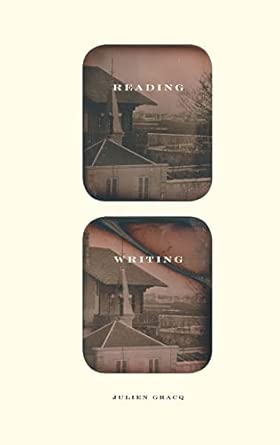
Reading Writing
The French writer Julien Gracq, who will be ninety-seven this year, is a living link to the era of Louis Aragon and André Breton. Gracq has avoided the kind of recognition that most modern writers crave (he refused the Prix Goncourt in 1951), and his body of work is little known on this continent.
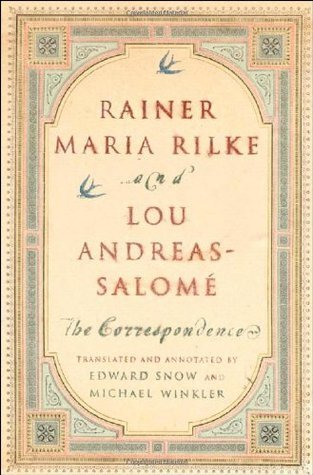
Rainer Maria Rilke and Lou Andreas-Salomé: The Correspondence
Rainer Maria Rilke and Lou Andreas-Salomé: The Correspondence (Norton) collects all of the extant letters exchanged by Rilke and Andreas-Salomé , a patron and fellow author, and (as the jacket copy describes her) “a key fin de siècle intellectual.”
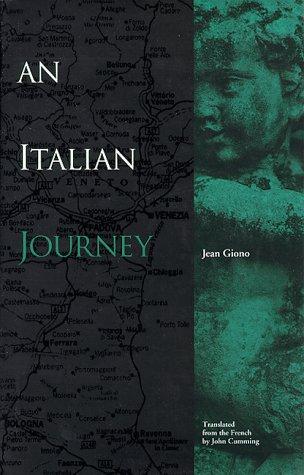
An Italian Journey
Henry Miller named Jean Giono as one of the writers he most admired (a list that includes Knut Hamsun, Blaise Cendrars, and Fyodor Dostoevsky). Giono, who lived most of his life in Manosque, the small Provençal town where he was born, begins An Italian Journey by admitting that he is not a traveller.

Letter from Nepal
At first the blackouts in Kathmandu are limited to six hours a week, so in my area we do without lights on Saturday and Sunday evenings. It’s not difficult—candles at dinner, quite charming at first—but then we jump to fifteen hours a week without power, then to thirty-six hours, all within ten days. The govern

Re-hanging the National Wallpaper
When I lived in Ottawa in the 1970s, I used to enjoy passing lazy afternoons at the National Gallery looking at the pictures. I remember how surprised I was when I first encountered the Group of Seven collection. These paintings were completely familiar—I’d seen them in schoolbooks and on calendars, posters, t-shirts, everywhere—yet at the same time they were completely unexpected.
.svg)
Saqiyuq: Stories from the Lives of Three Inuit Women
The photographs in Saqiyuq: Stories from the Lives of Three Inuit Women (McGill-Queens), are plentiful but wretchedly printed, which is a sadness because this book of stories is so good that you want to return to the photographs again and again to se

Sacred Places in North America: A Journey into the Medicine Wheel
Notman's department store approach to photography is carried on in this century in the work of Courtney Milne, whose recent Sacred Places in North America, subtitled A Journey into the Medicine Wheel (Stewart, Tabori & Chang), represents the fruit of
.svg)
Rushing to Armageddon: The Shocking Truth About Canada, Missile Defence, and Star Wars
Since the Canadian withdrawal from the North American ballistic missile defence treaty, you might think you don’t need to read Mel Hurtig’s ominously titled Rushing to Armageddon: The Shocking Truth About Canada, Missile Defence, and Star Wars (McCle
.svg)
Regeneration, The Eye in the Door and The Ghost Road
On my summer holiday I immersed myself in World War I, thanks to a friend who loaned me all three parts of Pat Barker's trilogy: Regeneration, The Eye in the Door and The Ghost Road (Plume/Penguin). This is a large and important work conveniently pac
.svg)
Reading at a Time of Catastrophes
A few years after Kafka’s death, Milena, the woman he had loved so dearly, was taken away by the Nazis and sent to a concentration camp. Suddenly life seemed to have become its reverse: not death, which is a conclusion, but a mad and meaningless state of brutal suffering, brought on through no visible fault and serving no visible end. To attempt to survive this nightmare, a friend of Milena devised a method: she would resort to the books she had read, stored in her memory.
.svg)
Reading Up on War
Many years ago my father-in-law, who had been a British prisoner of war in Japan, gave me a small pocket anthology, The Knapsack, edited by the undeservedly forgotten Herbert Read. The book (which I have since passed on to my daughter) had been put together for the Ministry of War to be given to its soldiers: its proclaimed intention was "to celebrate the genius of Mars." Surprisingly, however, the general tone of the anthology was above all elegiac.





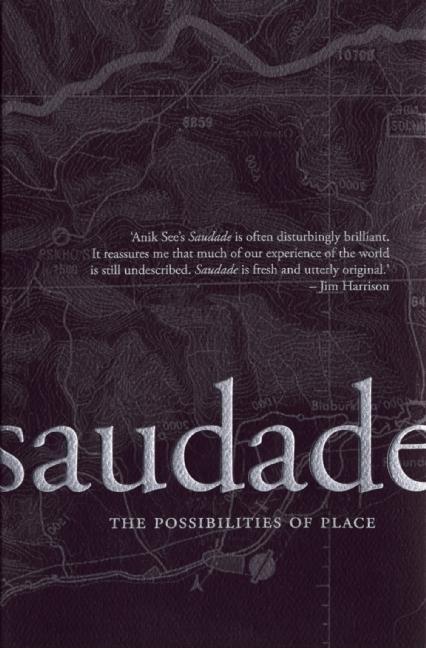

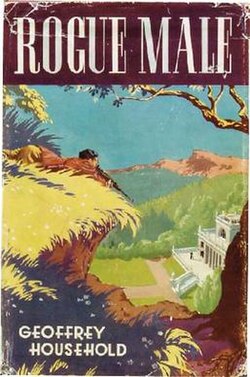
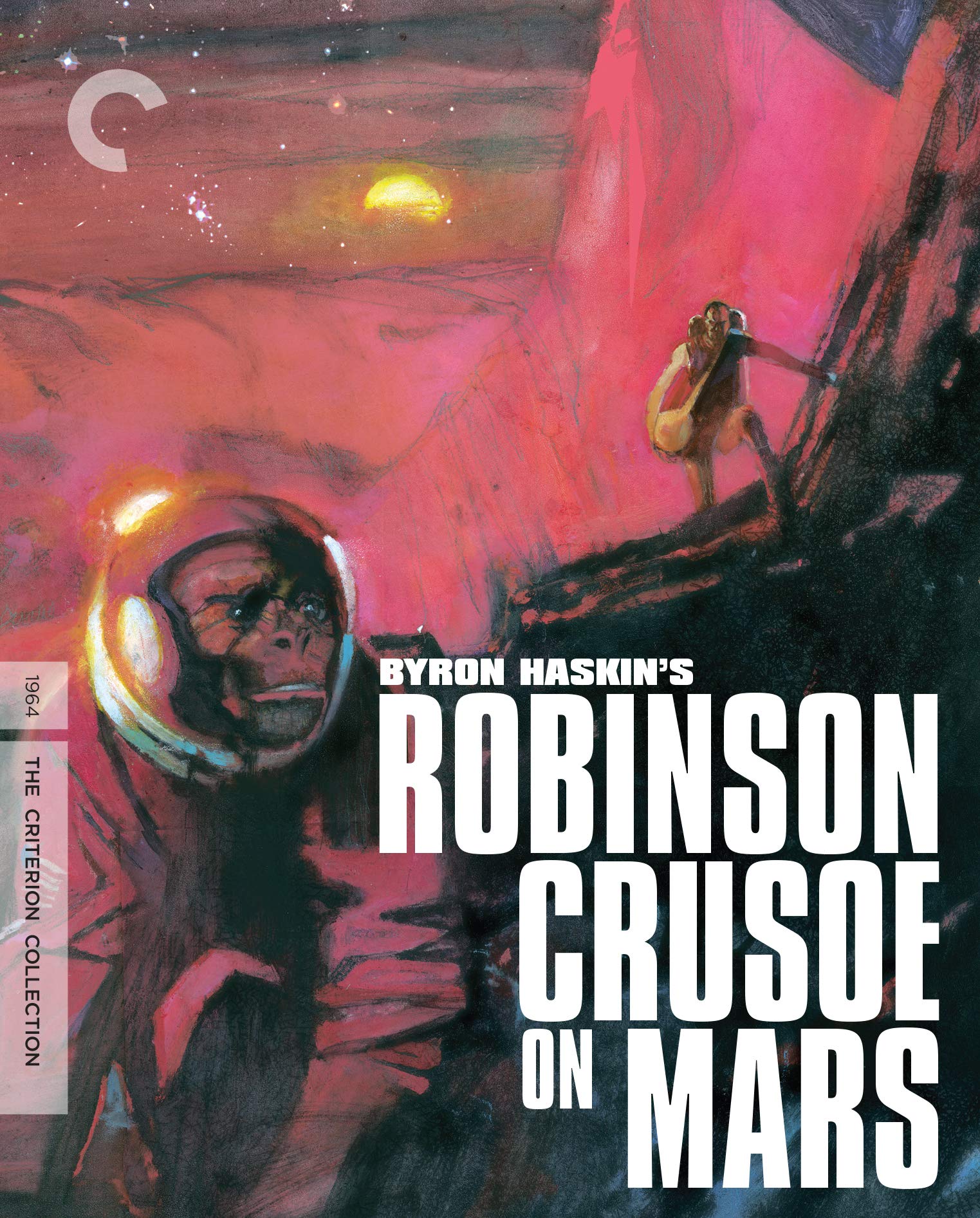
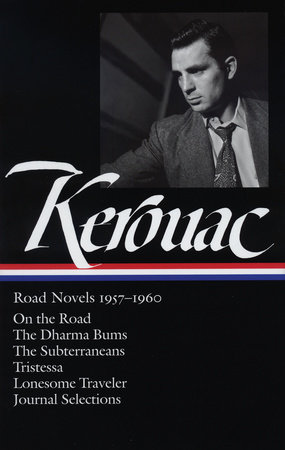

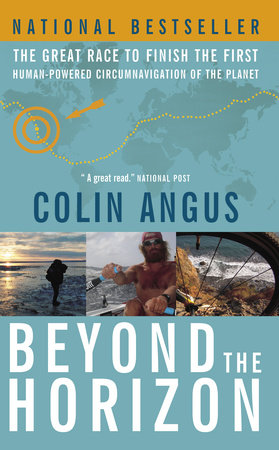


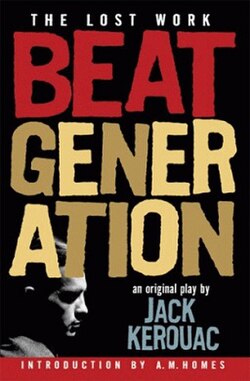
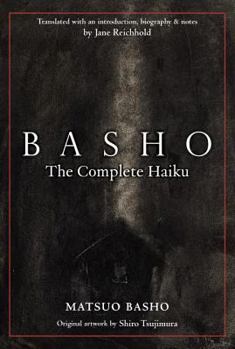




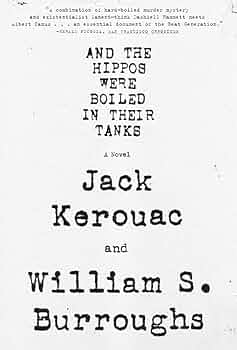
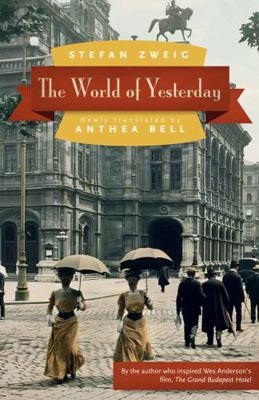















.svg)









































































